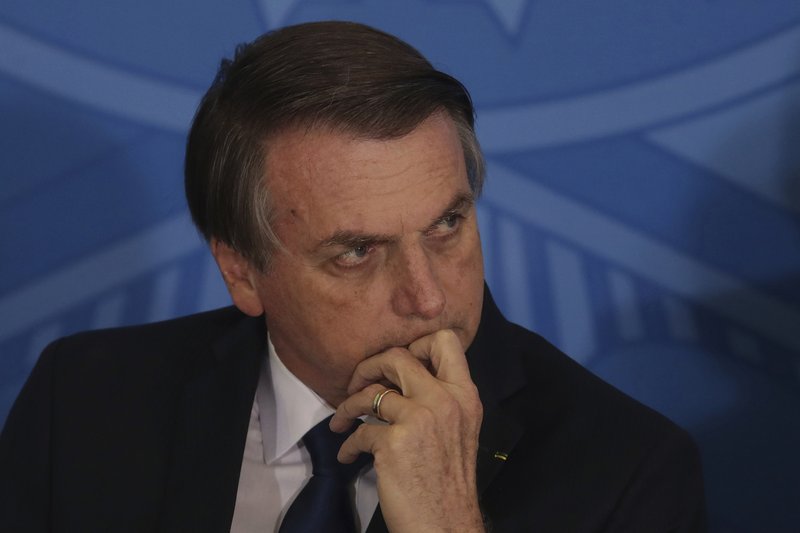RIO DE JANEIRO, BRAZIL – (Opinion) The Lava Jato led Brazil to adopt some rules that today prove themselves inappropriate.
The law of state-owned companies, for example, prohibited the president of the Republic from appointing anyone from the government to the boards of Petrobras, Eletrobras, and other companies. That was the rule for decades. It is now forbidden.
The Minister of Mines and Energy can no longer be a board member of the biggest company in Brazil, Petrobras. If the minister responsible for a state-owned company cannot participate as a board member of this company, what can he do to accompany what is going on?

The government could have overturned this rule some time ago – by proposing a new law to Congress or simply going to the Judiciary. Now it is probably too late.
There is also the rule of parity of prices of the fuels produced by Petrobras with those practiced abroad (also taking into account the variation in the dollar exchange rate). The rule seemed logical when it was adopted by the government of Michel Temer (MDB).
It was taken into account at the time that for decades gasoline and diesel prices were at the mercy of the electoral moods and needs of the incumbent presidents. This kind of licentiousness of politicians needed to end. And it did.
Now, one realizes that the rule is favorable only to Petrobras’ shareholders but unchangeable in times of exception. It so happens that Petrobras directors have no way of reversing the pricing policy.
Any change that reduces one cent of investors’ profits could leave Petrobras board members vulnerable to gigantic reparation suits in the courts – in Brazil, the US, or wherever the aggrieved shareholders are.
If Jair Bolsonaro or Lula da Silva (if he wins) wants to change this pricing policy, the solution is to pass a law in Congress that forces Petrobras to adopt new rules. The justification would be article 173 of the Constitution, which deals with the social function of economic activities.
The Union could be sued if Congress passed a law and the president sanctioned it, forcing Petrobras to change its pricing policy. But the lawsuit would only be settled after decades of dispute. In politics, this kind of temporal abstraction is irrelevant for those who need to act in the present time.
And why didn’t Bolsonaro take the initiative to propose a law earlier, at the beginning of his government? Or why didn’t he do so at the outbreak of the pandemic in 2020? Or at the beginning of Russia’s military operation in Ukraine? There are several theories to answer about the president’s inaction.
However, what counts now is that everything has become an electoral-ideological war to win the dispute for the Planalto on October 2. Inflation is around 11% per year.
Bolsonaro, Arthur Lira (PP-AL), and others in the ruling camp know the damage to the poorest people’s pockets has already been done.
Reducing the ICMS tax, charging more tax from Petrobras, or any other measure will not alleviate the condition of those who need to use firewood to make food (because they don’t have money to buy a bottle of cooking gas).
In the Brazilian electorate, 46% have family incomes of up to 2 minimum wages. They are poor. They are the ones who will decide the presidential election.
For Bolsonaro, the only possible strategy is to try to convince some voters that the government is doing its best to lower inflation and that Petrobras is to blame for not serving the country’s interests.
This narrative also includes criticism of Lula da Silva, who always repeats that he will never privatize Petrobras, besides having become embroiled in the processes that uncovered heavy corruption in the state-owned company.
Will this attitude of the Presidential Palace work electorally? It all depends on who is now very poor and has no money to buy gas.
These voters would need to be willing to overcome the feeling of discomfort and give a vote of confidence to the current president.
In politics, the pocket always tends to speak louder in an election.
With information from Poder360

